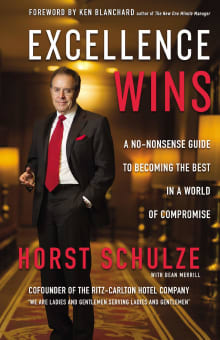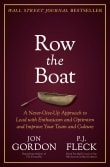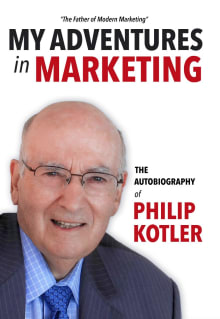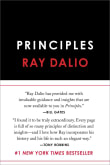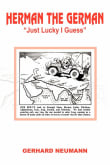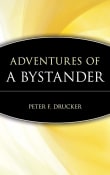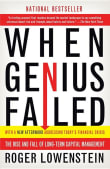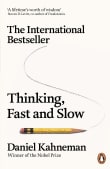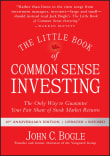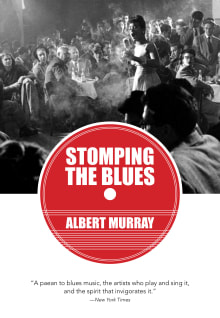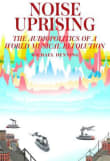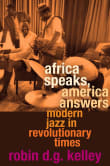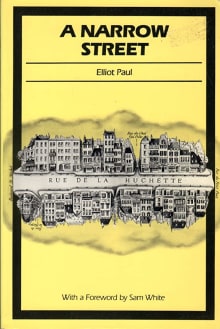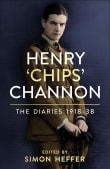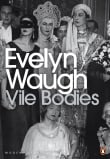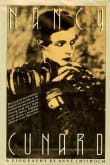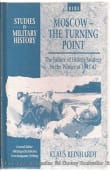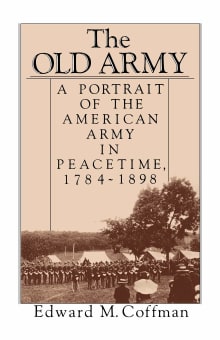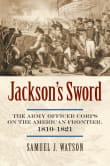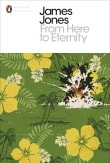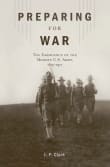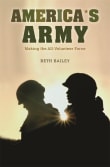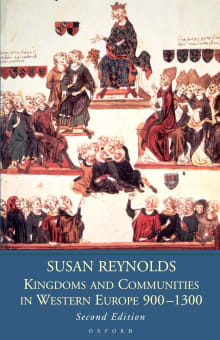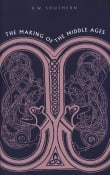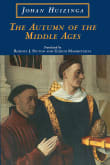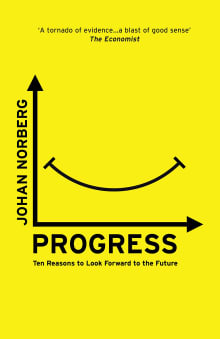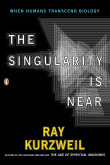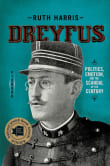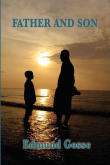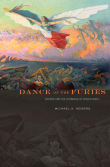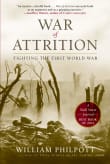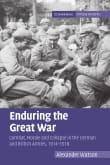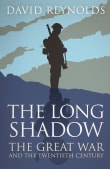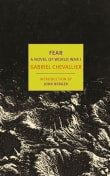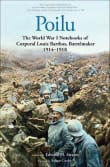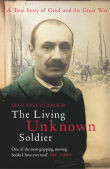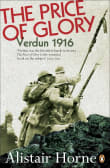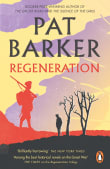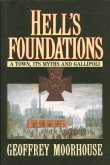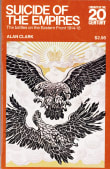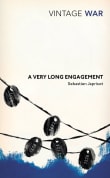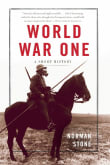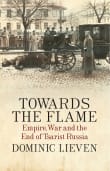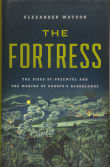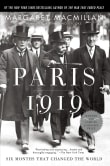Why am I passionate about this?
Growing up as a dyslexic kid with teenage parents and losing my dad at four, I spent my life searching for role models who turned their unique stories into something impactful. I’ve had the privilege of meeting all these incredible authors, learning about their journeys, and even calling a few of them friends. What sets them apart is their unwavering commitment to being real and transparent in their leadership. They don’t just lead—they use their experiences to make life better for the people they serve and to create positive change in the world around them. Their stories are proof that true leadership comes from authenticity and purpose.
Ron's book list on leadership books about leading with heart and soul

Why did Ron love this book?
This book is an inspiring and highly practical guide from one of the most respected leaders in the hospitality industry. As the co-founder of Ritz-Carlton, Schulze shares the secrets behind creating a culture of excellence that drives world-class service and lasting success.
He emphasizes the importance of a customer-first mindset, empowering employees to take ownership and setting uncompromising standards that everyone in the organization strives to meet. Schulze’s approach shows that excellence isn’t just about meeting expectations—it’s about consistently exceeding them in every detail. This book is a masterclass for leaders who want to build a high-performance organization that stands out and thrives through exceptional service and an unwavering commitment to excellence.
In some ways, Horst Schulze invented modern hospitality in America. His leadership lessons can be seen in the way companies like Chick-fil-A interact with their customers. This is a journey of greatness that we can all emulate.
2 authors picked Excellence Wins as one of their favorite books, and they share why you should read it.
Horst Schulze knows what it takes to win. In Excellence Wins, the cofounder and former president of the Ritz-Carlton Hotel Company lays out a blueprint for becoming the very best in a world of compromise. In his characteristic no-nonsense approach, Schulze shares the visionary and disruptive principles that have led to immense global success over the course of his still-prolific fifty-year career in the hospitality industry.
For over twenty years, Schulze fearlessly led the company to unprecedented multibillion dollar growth, setting the business vision and people-focused standards that made the Ritz-Carlton brand world renowned. In Excellence Wins, Schulze shares his…
